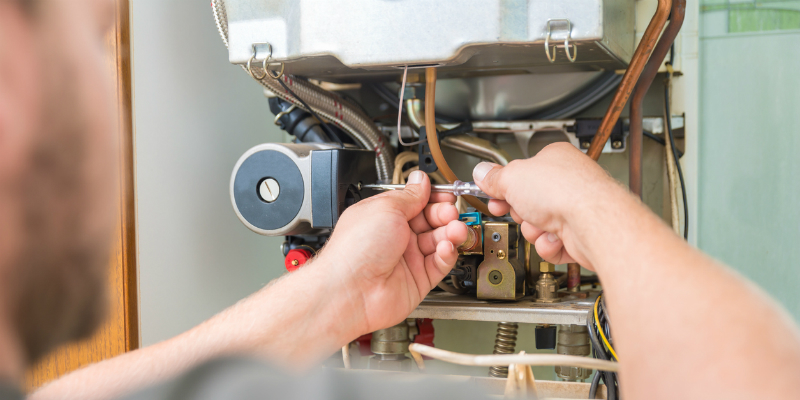DIY Furnace Maintenance in Toronto: Possible Issues and Fixes

Winter in Toronto is tough enough when your furnace is not producing enough heat or dying. And when it comes to furnaces, it’s better to be proactive rather than reactive. So, here are some potential problems that may affect the optimal working of your furnace and some recommendations on possible fixes to ensure that your gas furnace is operating in peak condition in winter.
- Furnace is Not Getting out Heat
There are several minor reasons why your furnace may not produce heat. First, check the thermostat to see if it is set to “Heat.” You should then try to move the ‘dial up or down’ a few degrees to test if you can feel a noticeable difference. In case you don’t feel any difference, check if s a fuse or circuit breaker was blown or tripped.
Perhaps you are wondering how you’re supposed to test circuit breakers. It’s pretty simple:
- Go to the circuit breaker panel and find the circuit responsible for controlling the furnace. Check if it has tripped to the “Off” position, or if it’s in the middle.
- Manually test the breaker by flipping it back and forth. Ensure it stays in the “On” position.
Performing this operation will reset the circuit breaker. If it does not solve the problem, you probably have an issue with either the circuit breaker itself or the wiring in the breaker.
- Furnace is not Getting out Enough Heat
If your furnace is struggling to produce heat, it means there’s a problem with the air filter. Check if the air filter is clean and in excellent condition. If the air filter is clogged, you must change it immediately. This is a simple yet very essential aspect of furnace maintenance in Toronto. In fact, it is also one of the most common reasons why a furnace may not be working properly. It also happens to be the simplest maintenance chore that helps to protect HVAC components and improve your indoor air quality.
- Once you locate the filter, hold it up to the light and if no light is shining through then the filter needs to be changed. When replacing the filter, ensure that the furnace is turned off and no air is coming out.
- Cleaning the dirt that builds up on the filters can also help to improve air flow. If your filter is clogged with debris, the air handler works harder to compensate for the blocked air flow.
Besides increasing your utility bill, the limited air flow can cause the heat exchanger to shut off too quickly because of overheating. Newer furnaces are more efficient and sensitive to this problem and they will often shut down even before a dirty filter causes further trouble. However, older units will continue to operate but with compromised heat output and lower efficiency.
Heating systems are normally easy to maintain. Efficient operation of these units often depends on good and regular maintenance. Regardless of the type of furnace you have, the tips offered here can help to keep your furnace in peak condition.











